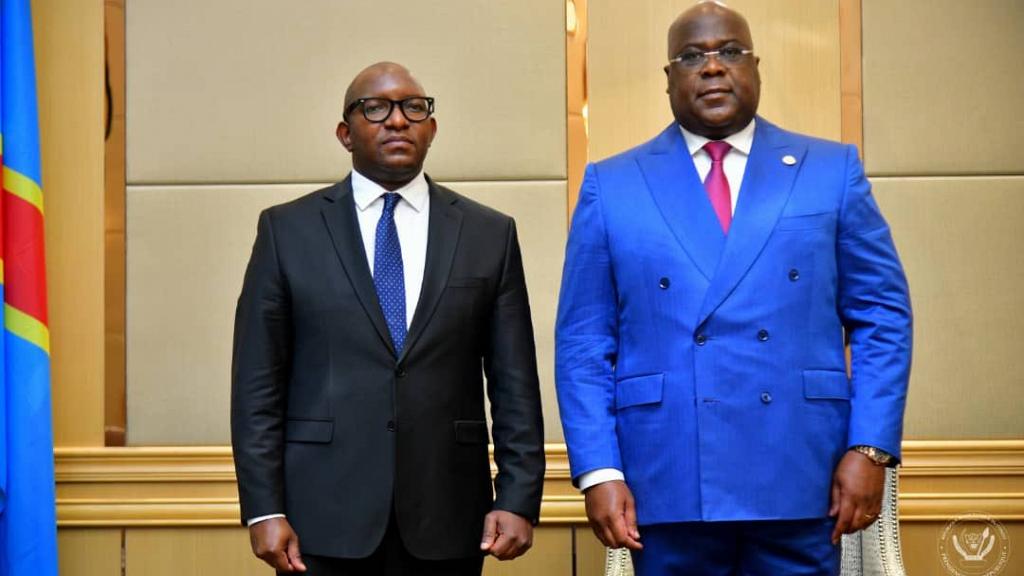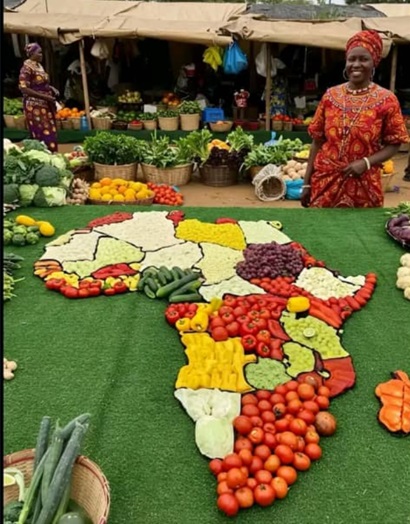Kizito Sikuka
The Cabo Delgado Province in northern Mozambique might sound and seem to be a far away place for some people in southern Africa.
However, acts of increased extremism and terrorism in that province in the last few years is a great concern for citizens in the Southern African Development Community (SADC).

Apart from the possibility of spreading to neighbouring countries if not properly addressed, the insurgency has the capacity to destabilize Mozambique, resulting in the loss of lives and destruction of property.
Furthermore, the longer it takes to resolve the issue in northern Mozambique, the more complex the crisis will become for SADC and the more difficult it will be to find a solution.
According to the United Nations, more than 670,000 people have been displaced in Mozambique since the beginning of the insurgency in 2017.
On 24 March alone, when the terrorist attacks targeted the town of Palma, media reports claimed that 55 people were killed and several buildings destroyed.
Various groups including those with Islamic fundamentalism, especially a group known as Ahlu Sunna Wa-Jama have claimed responsibility for some of these attacks.
cognisant of this and its implications on regional peace, SADC is determined to find lasting solutions to addressing the challenges in northern Mozambique.
Chairperson of the SADC Organ on Politics, Defence and Security, President Mokgweetsi Masisi of Botswana said the continued acts of extremism and terrorism in northern Mozambique are an affront to peace and security, not only in Mozambique, but also in the region.
This is in light of the fact that terrorism is very cancerous in nature, and once it finds fertile ground, it can quickly spreads out to other parts of the region.
Another issue of concern for SADC is that the deteriorating situation in northern Mozambique has already begun to attract foreign political and economic interest who hope to profit from the challenges.
Most of these foreign political and economic interests usually come with neo-colonial, racist and anti-Islam agendas, and may try to use Mozambique as a pawn in global chess games.
President Masisi said it is therefore a matter of urgency for SADC to jointly work together to finding a lasting solution to the challenges in Mozambique.
SADC is deeply concerned about the continued terrorist attacks in Cabo Delgado, especially for the lives and welfare of the residents who continue to suffer from the atrocious, brutal and indiscriminate assaults, Masisi said in a statement.
To this end, as Chairperson of the Organ, President Masisi has called for an urgent SADC extraordinary Double Troika Summit to discuss the situation in northern Mozambique.
The Double Troika Summit, which is scheduled for 8 April in Maputo is made up of leaders from the SADC Summit and those from the Summit Troika of the Organ.
President Filipe Nyusi of Mozambique (chair), his Malawian counterpart, Lazarus Chakwera (incoming chair) and President Samia Hassan of the United Republic of Tanzania (outgoing chair) are the current leaders of the SADC Summit.
On the other hand, the Summit Troika of the Organ consists of President Masisi as chair, South African President Cyril Ramaphosa (incoming chair) and President Emmerson Mnangagwa of Zimbabwe as the outgoing chair.
This Troika System vests authority in the group of leaders to take quick decisions on behalf of SADC that are ordinarily taken at policy meetings scheduled at regular intervals, as well as providing policy direction to SADC institutions between the regular SADC Summits.
According to a draft agenda, the summit will be preceded by the Organ Troika Summit, and other ministerial meetings as the region seeks for lasting solutions to contain as well as address the insurgency in the Cabo Delgado Province.
These measures could include helping Mozambique with military and intelligence information to fight the insurgency since such acts of terrorism are transboundary.
Another initiative may be to provide military personnel and equipment to combat the instability.
SADC also has the option to deploy the SADC Standby Force.
The SADC Standby Force, or Brigade, was established through a Memorandum of Understanding (MoU) signed by the SADC Heads of States and Government in Lusaka, Zambia in 2007.
The SADC Standby Force operates as a tool of the SADC Organ on Politics, Defence and Security Cooperation and receives its direction and guidance from the SADC Committee of Chiefs of Defence staff and the Committee of SADC Police Chiefs to provide peace-building efforts in the region.
These peace-building efforts include post-conflict disarmament and demobilisation and humanitarian assistance in conflict areas and areas impacted by major natural disasters such as drought and floods. The SADC Standby Force is made up of a multidisciplinary contingents of the Military, Police and Civilian who are stationed in their countries of origin and ready for deployment as and when necessary.
Sardc.net








